
Italy to Invest €4b in Railroad Projects
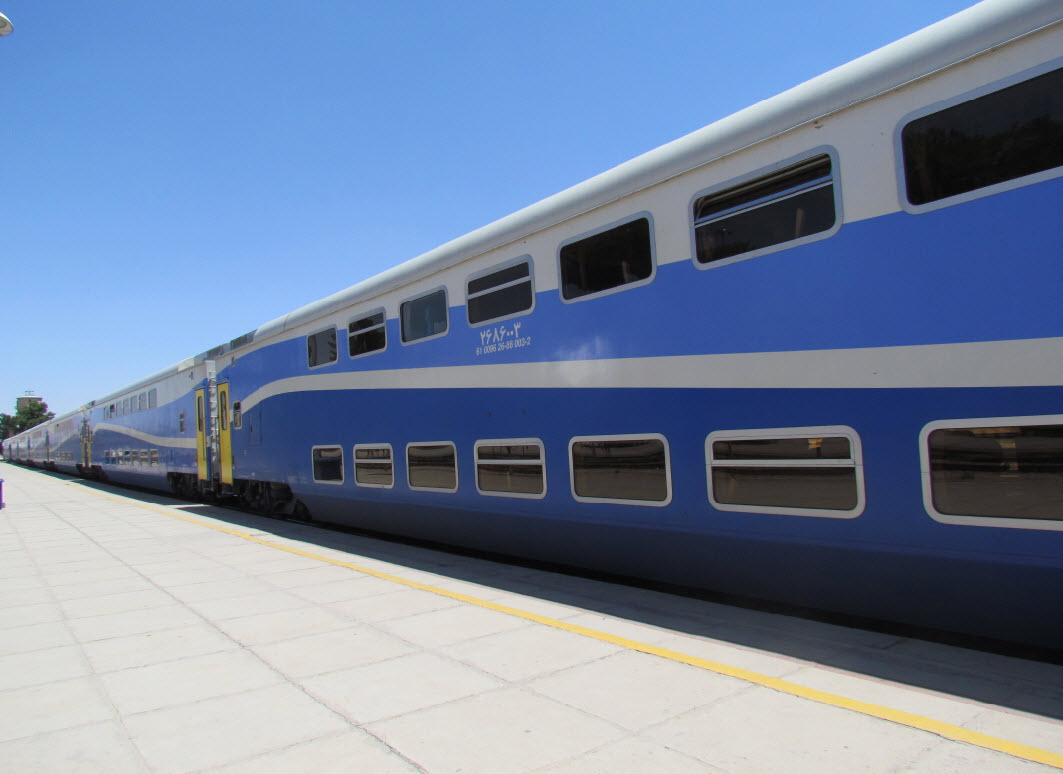
“The Italian firm and two Iranian railroad companies signed the memorandum of understanding,” Pino Arlacchi, ITINERA’s international affairs advisor, was quoted as saying by IRNA.
Tortona-based ITINERA S.p.A—active in large-scale infrastructure projects and civil construction—is one of the leading Italian construction companies by size, revenues and backlog.
Established in 1938, ITINERA became a subsidiary of Gavio Group, one of Italy’s top industrial groups, since the 1960s. It is active in fields ranging from motorway concessions and infrastructure construction to transportation, ports, logistics, car park concessions, technology, energy and shipbuilding.
Although Arlacchi did not elaborate, executives from Iran’s national rail company, the Islamic Republic of Iran Railways, have referred to the construction of two high-speed train routes of Qom-Arak and Tehran-Hamedan as the main projects discussed with the Italians.
“In addition to these two high-speed routes, construction of a locomotive test center in Tehran and the launch of training programs are going to be the main areas of cooperation with Italy, which were discussed during Renzi’s recent visit,” Abbas Nazari, director general of IRIR’s office for international affairs, has been quoted as saying.
“Iran and Italy will expand cooperation in the training sector. To this end, Italy is set to offer a training package regarding railroads, fleet, and research programs,” he added.
Financing, Insurance
Nazari also said rail projects will be financed and insured by Sace, Italy’s export credit agency, adding that both sides have formed a working group to discuss the financial issues.
Financing and insurance, according to Arlacchi, are the main obstacles in the way of his company engaging with Iran.
“We are now preparing ourselves for the challenges ahead, and we hope that Prime Minister Matteo Renzi will fulfill his promises regarding supporting the companies eager to invest in Iran,” he said.
This comes as Italian financing agencies recently teamed up to give Iran nearly €5 billion in credit lines and guarantees for exports—one of the most significant financial deals with the Islamic Republic since the landmark nuclear agreement between Tehran and the world powers, that led to the lifting of international sanctions, according to Financial Times.
The Cassa Depositi e Prestiti, Italy’s state financing agency, which controls more than €350 billion in assets, will issue €4 billion in credit lines to Iranian public entities for them to fund big infrastructure projects such as railroads and motorways.
Sace will also support the transactions by providing €4 billion in guarantees for those deals in addition to an additional €800 million in funding for Italian small- and medium-sized enterprises doing business in the country.
“This could be the most substantial development in resuming trade between Iran and Europe after the implementation day [of the nuclear agreement on Jan. 16],” Majid Zamani, managing director of Kardan—an Iranian investment bank, was quoted as saying by FT last week.
The credit lines issued by the Italian government are “a game changer and a very, very important development for Iran, by which development projects will start moving”, said a senior European businessman.
“It will open doors to a long line of medium-sized European banks and businesses who were worried about the consequences of doing business with Iran.”
On Wednesday, Iran and Italy signed 12 memoranda of understanding in the sectors of energy, steel, telecommunications, transportation and medicine in a business forum in Tehran.
In addition to Renzi, the signing ceremony was also attended by Iranian Minister of Industries, Mining and Trade Mohammad Reza Nematzadeh, high-ranking officials and representatives of the two country’s public and private sector businesses.
Tehran-Rome trade reached about €7 billion in 2010, making Italy the largest trading partner of Iran among European nations. But the enforcement of international sanctions on Iran made it hard for Italy to maintain the high level of transactions and bilateral trade fell to €1.6 billion in 2014.


Gold price eases after Trump downplays clash with Fed chair Powell
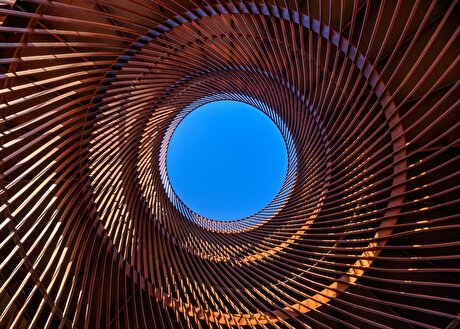
Copper price hits new record as tariff deadline looms
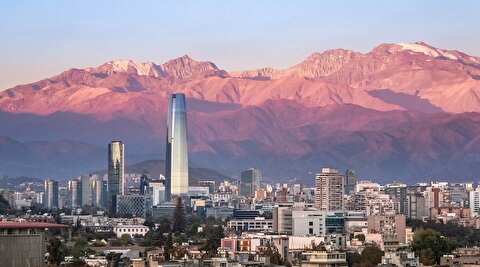
Chile’s 2025 vote puts mining sector’s future on the line
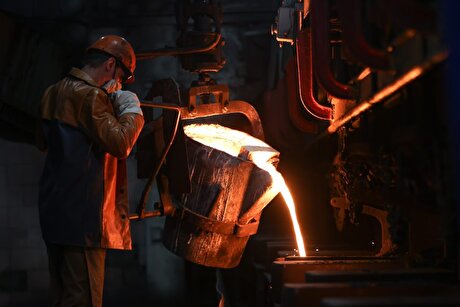
Brazil producers look to halt pig iron output as US tariff threat crimps demand

Gold price could hit $4,000 by year-end, says Fidelity
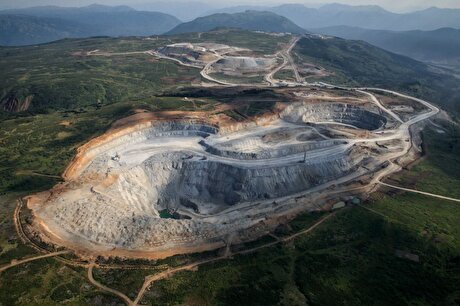
Three workers rescued after 60 hours trapped in Canada mine
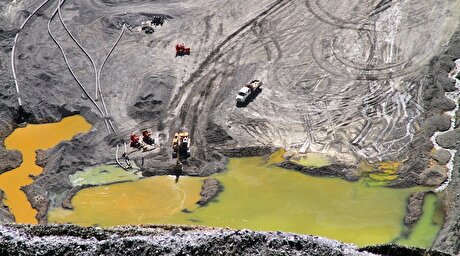
US targets mine waste to boost local critical minerals supply
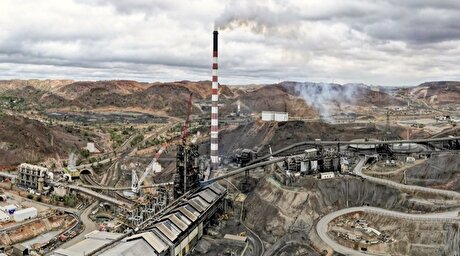
Glencore workers brace for layoffs on looming Mount Isa shutdown

Column: EU’s pledge for $250 billion of US energy imports is delusional
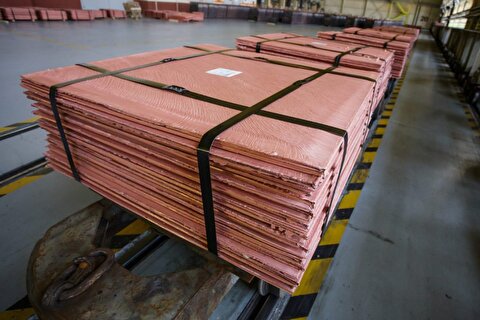
Trump tariff surprise triggers implosion of massive copper trade
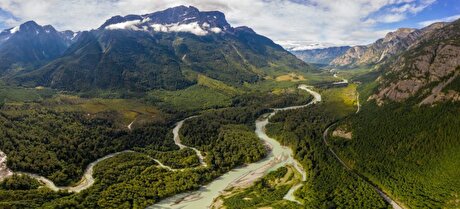
Maxus expands land holdings at Quarry antimony project in British Columbia
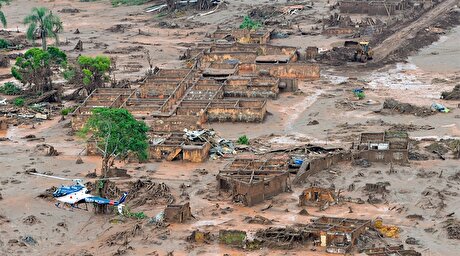
BHP, Vale accused of ‘cheating’ UK law firm out of $1.7 billion in fees
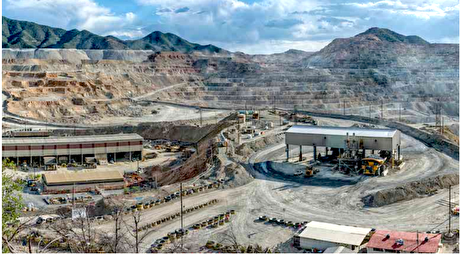
Southern Copper eyes $10.2B Mexico investment pending talks
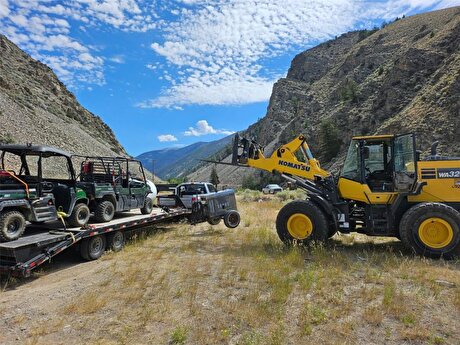
American Tungsten gets site remediation plan approved for Ima mine in Idaho

Kinross divests entire 12% stake in Yukon-focused White Gold

Gold price could hit $4,000 by year-end, says Fidelity

Southern Copper expects turmoil from US-China trade war to hit copper

Ramaco Resources secures five year permit for Brook rare earth mine in Wyoming

Column: EU’s pledge for $250 billion of US energy imports is delusional

Trump tariff surprise triggers implosion of massive copper trade

Maxus expands land holdings at Quarry antimony project in British Columbia

BHP, Vale accused of ‘cheating’ UK law firm out of $1.7 billion in fees

Southern Copper eyes $10.2B Mexico investment pending talks

American Tungsten gets site remediation plan approved for Ima mine in Idaho

Kinross divests entire 12% stake in Yukon-focused White Gold

Gold price could hit $4,000 by year-end, says Fidelity

Southern Copper expects turmoil from US-China trade war to hit copper

Ramaco Resources secures five year permit for Brook rare earth mine in Wyoming














